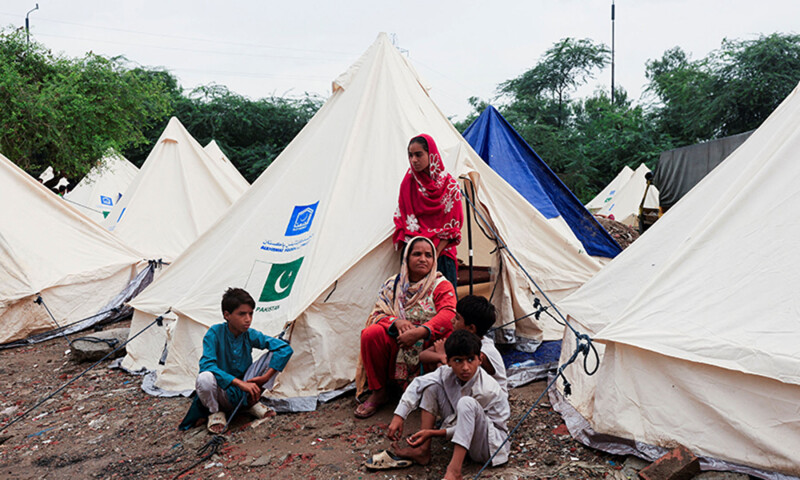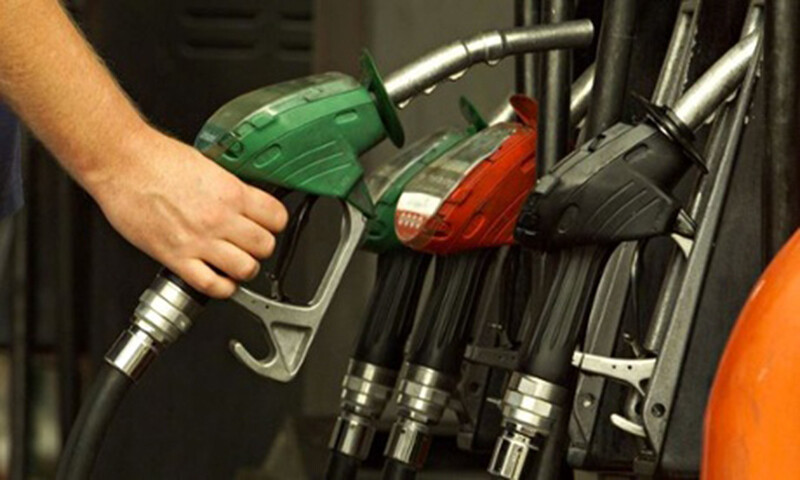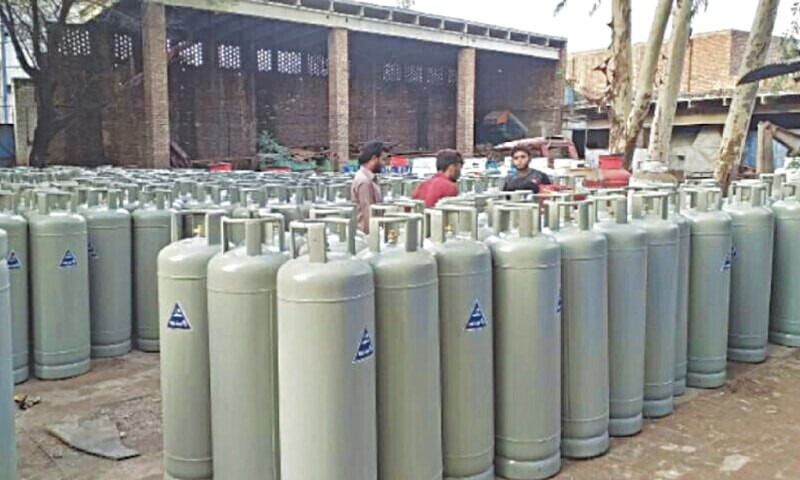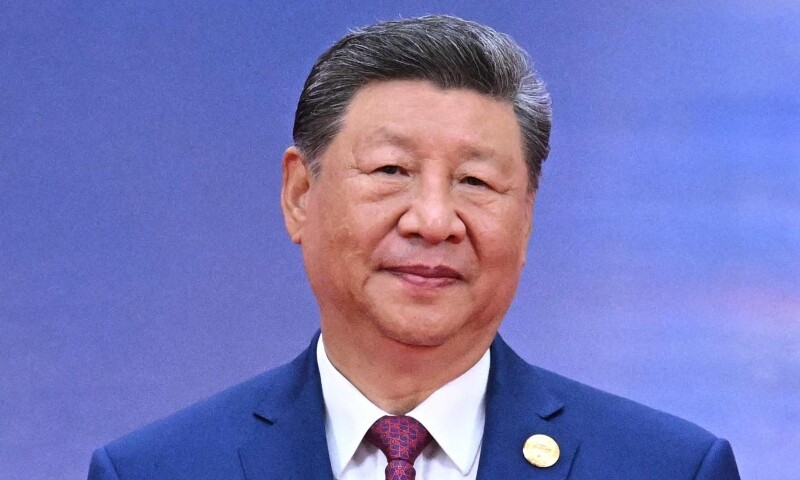Dresses with dirty clothes that they have used for days and with hair without brushes, women curl up in overcrowded schools that are used as shelters.
In an old classroom, now an improvised help camp, pregnant women take refuge from the floods that have devastated the country, their bodies hurt, heavy eyes of exhaustion and silent despair.
Hoping that the water that swallowed their homes would backrow, women in Chung, a city on the outskirts of Lahore, have limited access to sanitary pads and essential medicines, including pregnancy -related attention.
Shumila Riaz, 19 years old and seven months of pregnancy of her first child, spent the last four days in the help camp, supporting pregnancy cramps.
“I wanted to think about the boy I am going to have, but now I am not even sure of my own future,” she said AFP.
Dresses with dirty clothes that they have used for days and with hair without brushes, women curl up at the crowded school that houses more than 2,000 people, surrounded by mud and stagnant rainwater.
“My body hurts a lot and I can’t get the medications I want here,” said Fatima, a 19 -year -old mother, a one -year -old daughter and four months of pregnancy.
“I used to eat as I would like, sleep as I would like, walk as I would like, that is gone now. I can’t do that here,” he added, asking AFP Do not use your real name.
The rains of the monsoon during the past week increased three main rivers that crossed Punjab.
The number of people affected increased more than two million on Sunday, according to the senior minister of Punjab, Marriyum Aurengzeb.
Around 750,000 people have been evacuated, of which 115,000 were rescued by boat, which makes it the largest rescue operation in the history of Punjab, according to the provincial government.
Flooded rivers have mainly affected rural areas near their banks, but heavy rains also flooded urban areas, including several parts of Lahore.
While the seasonal monsoon of southern Asia brings rain on which farmers depend, climate change is making the phenomenon more erratic and deadly throughout the region. Earth landslides and floods caused by heavier monsoon rains have been killed by more than 850 people throughout the country since June.
The last downpour has killed at least 32 people, the provincial minister said on Sunday.
Infections and trauma
Sleeping in tents together with thin wooden sticks, women displaced by floods fight to get sanitary pads and clean clothes when yours is stained by blood from their periods.
Menstruation remains a taboo subject, with many unimailed women to talk about it.
“We are struggling to get pads for when we get our period. And even if we do, there are no suitable bathrooms to use,” said Aleema Bibi, 35, while his baby slept in a dirty sheet with mud. “We go to the nearby houses to use the bathroom.”
Jameela, who uses only one name, said he seeks privacy in an improvised bath next to a cowgirl.
“We wait for men in these houses to leave, so we can use the bathrooms and change our pads,” he said.
Outside the medical truck next to the Socorro camp, a worried woman asked where to take her eight -month pregnant daughter AFP The journalists saw.
Pregnant women are also vulnerable to infectious diseases, according to doctors of the medical camp created by a local NGO.
“I receive between 200 and 300 patients every day with different infections and diseases transmitted by water,” said Fabas Abbas, 27, a doctor of the medical camp. “There are many patients who are going through psychological trauma, especially women and children, after losing their homes.”
Even without the crisis of a flood, 675 babies under one month die every day, along with 27 women in the perinatal stages due to preventable complications, according to the World Health Organization.
Another woman, who wanted to stay anonymous, said that the medicine that once used to handle her vintage cramps was now too difficult to buy.
“We scan death, but this misery is not less than death,” Jamela said.
Image of heading: Sakina Bibi, a mother of four children who fled from an flood area, sits off her store while she together with others take refuge near Lahore on August 31. – Reuters









